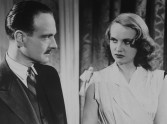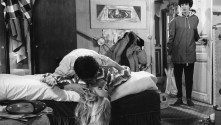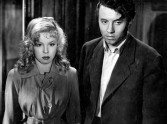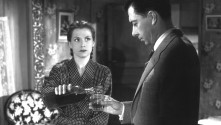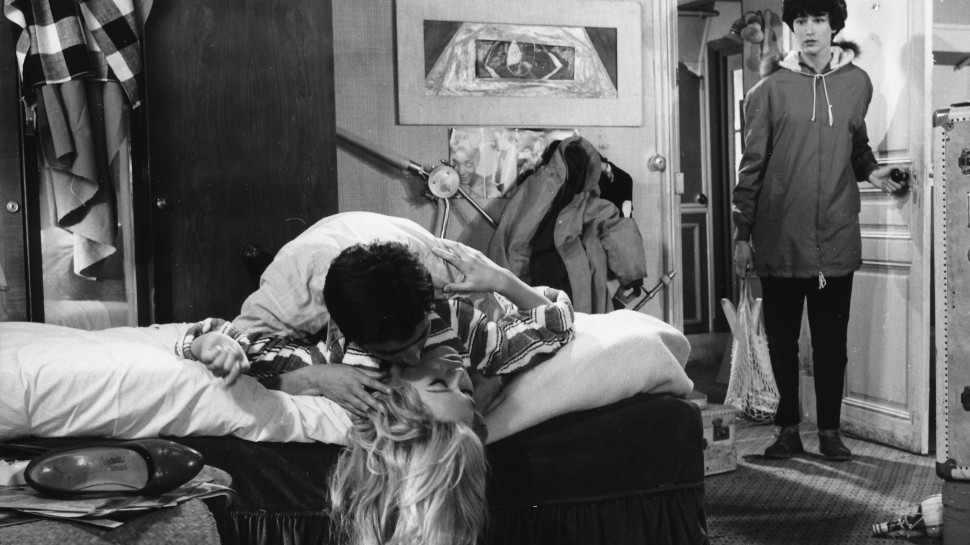
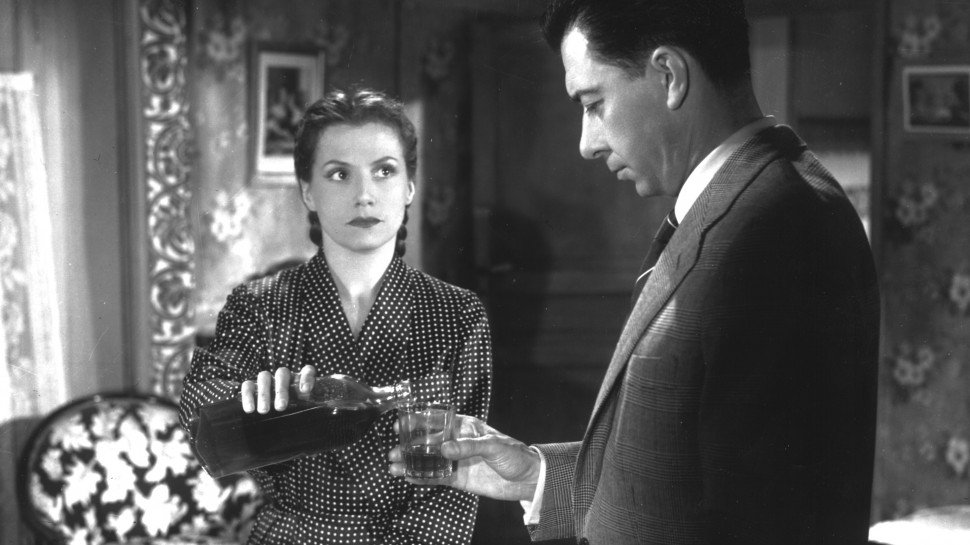
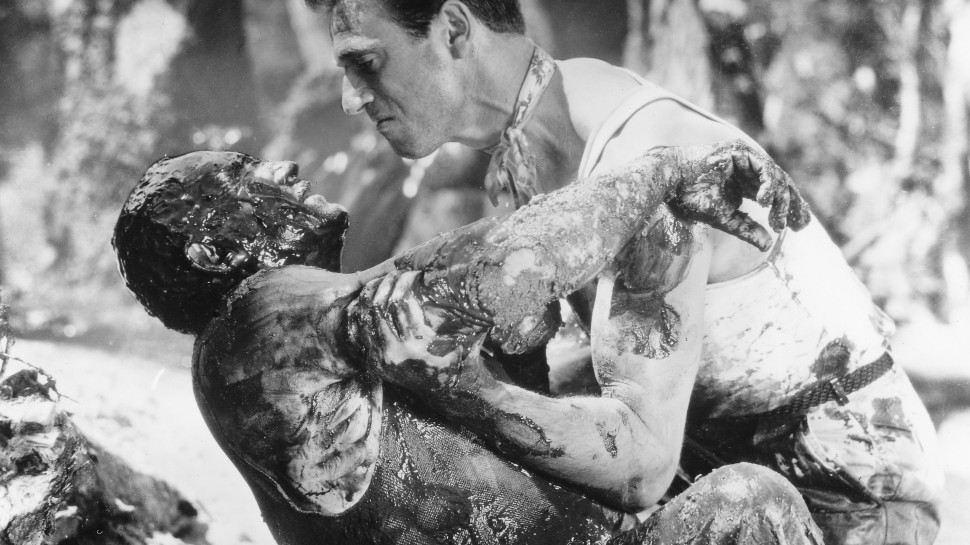
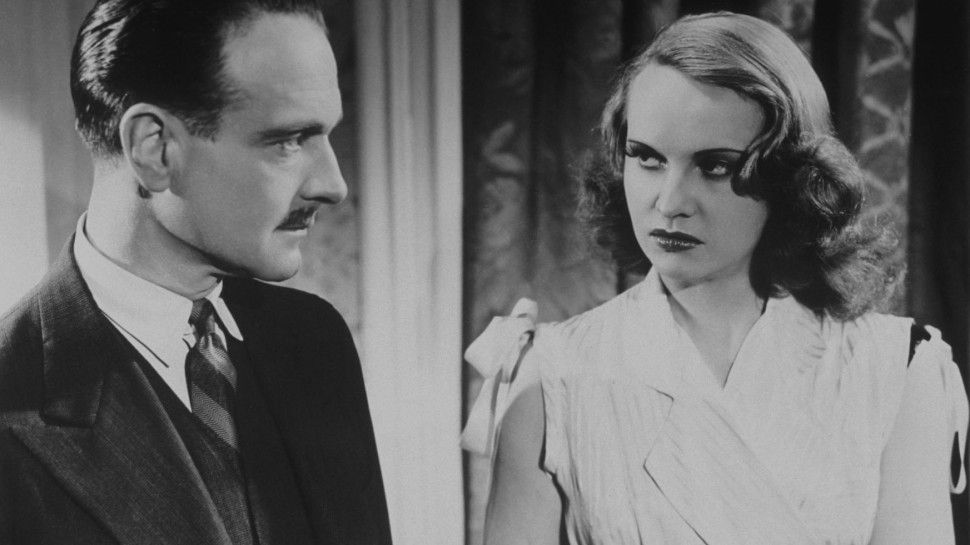
The Complete Henri Georges Clouzot
A pivotal and divisive figure of Forties and Fifties French cinema, Henri-Georges Clouzot (1907 - 1977) made his name as a daring iconoclast through a series of hugely influential, often controversial, films whose stylistic audacity, off-beat humor and stinging critique of bourgeois society were far ahead of their time. Clouzot’s remarkable talent with mystery and thriller narratives earned him the unfortunate yet inevitable sobriquet of the “French Hitchcock” despite the two directors' notably different approach to suspense and despite Clouzot’s profound influence upon Hitchcock, with Les Diaboliques, for example, openly acknowledged as a model for Psycho. The phenomenal and lasting success of Les Diaboliques and Clouzot's other best-known film, the gripping action epic The Wages of Fear, continue to overshadow the larger arc of his risk-embracing career and major contributions to cinema. Still little known outside of France, Clouzot's other films are only gradually being rediscovered, slowly giving way to a fuller understanding of a fiercely original artist able like none other to masterfully intertwine adrenaline-igniting entertainment, trenchant political satire, ribald comedy and heartfelt tragedy.
Clouzot's film career began as a screenwriter in the early 1930s. He divided his time between France and Germany and eventually settled briefly in Berlin where he also worked as an assistant to directors E.A. Dupont and Anatole Litvak. While in Germany, Clouzot became enamored with the brooding, shadowy Weimar cinema whose masters F.W. Murnau and Fritz Lang would exert an especially lasting influence. Frequently infirm, Clouzot was debilitated by a four year struggle with pleurisy, an experience which clearly fueled the obsessively recurring motifs of illness and death in his films and which left him hungry to seize the directorial reins for himself. Soon after he left the sanatorium Clouzot's Berlin connections secured him a job at the German-run production company Continental, newly established in Vichy France, where he wrote some of his finest early screenplays before directing his debut film, the stylish whodunit, L'Assassin habite au 21. Next came Clouzot's celebrated, scandalous and still contested second film, Le Corbeau, a caustic study of deceit and embittered provinciality set in small town France during the German occupation. Released to uneasy acclaim at the height of the Vichy era, Le Corbeau unleashed a wave of attacks after the war targeting Clouzot's supposedly "anti-French" Fascist sympathies and eventually leading to a two-year forced suspension of all directorial activities, despite the film's clearly anti-Petain message. Le Corbeau also set in motion a chronic pattern of misinterpretation that plagued Clouzot's films and reputation for years to come, one that lingers even today.
Upon release from his creative "house arrest" Clouzot staged a remarkable return with a series of commercial and critical successes led by his dazzling and raucous comedie humaine, Quai des Orfèvres, and his controversial ode to amour fou, Manon. Together these seminal films revealed the unusual marriage of sharp realism and eerie, oneiric imagery that would remain signatures of Clouzot's cinema. A tireless perfectionist notorious for tyrannically ruling over his sets, Clouzot often went to unexpected extremes to craft every aspect of his films, giving special attention to the meticulously detailed and atmospheric sets that so vividly evoked the dank, largely interior world explored by his films. Behind many of the extraordinary performances prominent throughout the films hovered the threat of Clouzot's unreasonable realist creed which demanded, for example, that the actors actually eat the putrid fish served in the seedy boarding school in Les Diaboliques, or that Charles Vanel sink neck deep into a pit of crude oil in The Wages of Fear. Such unyielding and extreme ambition brought Clouzot both meteoric success as well as the ill fortune that cursed ultimately aborted dream projects, including an abandoned documentary about Latin American voodoo ritual and the infamous L'Enfer, a legendary "lost" film recently recovered, in spellbinding fragments, in a fascinating documentary by Serge Bromberg.
Clouzot's films are renowned yet frequently critiqued for their unsparingly dark and unglamorous vision of a fallen world. Generalized claims are often made for Clouzot's pessimistic misanthropy, a simplification that overlooks the insistent, paradoxical humanism of his desperately struggling anti-heroes and the graphic realism used to depict the lower realms they inhabit. Vivid documents of the French experience of WW2 and its aftermath, Clouzot's films unfold almost entirely within the type of unsavory settings more often associated with contemporary American film noir – dingy garret studios and scruffy dance halls, decrepit insane asylums and squalid backwater towns. However, the dilapidated and dangerous world of Clouzot's films also contains a strangely enduring and even nostalgic side, crystallized in the films' small moments and objects – the Paris metro ticket saved by Yves Montand in The Wages of Fear, the simple Christmas gifts in Quai des Orfèvres. Featuring some of the great French actors of the postwar period – Bernard Blier, Pierre Fresnay, Louis Jouvet, Paul Meurisse, Simone Signoret, Charles Vanel – Clouzot’s films offer intense and meticulously three-dimensional, almost Balzacian, character studies; crafting rich, at times deeply moving, portraits of human frailty and desire. Twitching and uncomfortable, Clouzot’s impatient anti-heroes are “human, all too human,” to borrow a proto-existentialist phrase appropriate to the films’ overarching depiction of life as an arduous struggle against irrational forces. A cynical and darkly comic counterpoint to the realist tendencies of postwar European film, Clouzot's occupy a crucial place between the poetic symbolism of Thirties French cinema and the innovations of the nouvelle vague who would unjustly dismiss Clouzot without understanding or anticipating the lasting hold of his extraordinary films. – Haden Guest




